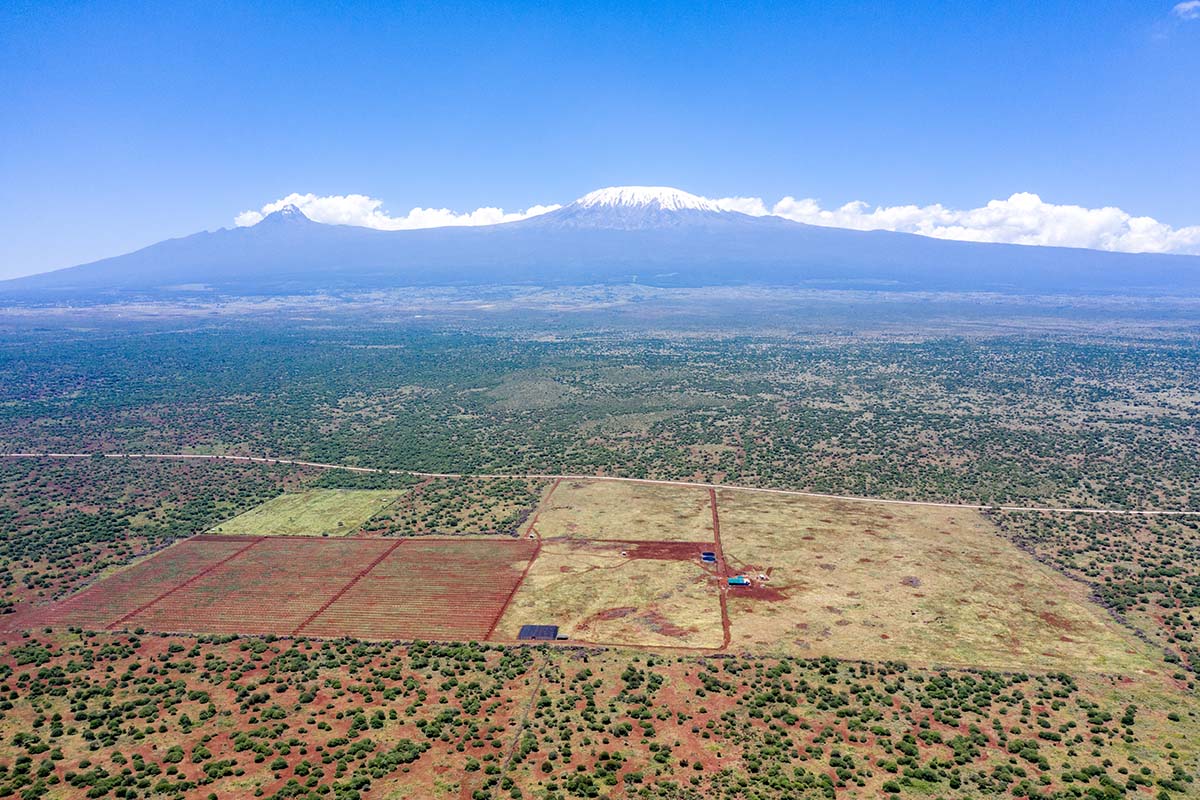
It’s been almost 5 years since the bulldozers rolled into a cluster of community conservancies bordering Amboseli National Park, in one of the ecosystem’s most important wildlife corridors.
Within days the machines had cleared 180 acres of natural vegetation in the ‘Kimana corridor’, starting a battle that made global headlines.
The company, Kiliavo, planned to farm avocados in an area designated for livestock raising and eco-tourism. Not only would this interfere with wildlife and livestock movements, but the borehole water requirements were beyond what the underground aquifer could sustain. The same underground aquifer that feeds the natural springs and swamps that thousands of people rely on.
Kiliavo assumed there would be no resistance, that no-one would pay attention to the misleading documents they submitted to get their initial approvals. They were wrong.
Local communities and stakeholders took action, ultimately resulting in a decision by Kenya’s National Environment Management Authority to revoke Kiliavo’s license to farm.
Kiliavo have since challenged that decision in an escalating series of court cases, and we welcome the latest decision by the Nairobi Court of Appeal to dismiss the most recent case, which is the fourth legal loss for the farm.
Big Life is invested in the Kimana area through a range of conservation and community programs, and we have supported the community association in their fight from the start.
Kiliavo now have limited options for further appeal, and the recent court decision is another important victory that has wider implications.
Amboseli is facing a land rush, with developers buying up land for activities that violate local land-use plans, which were put in place to ensure harmony between competing land-uses. We hope that this ruling reinforces the message: violation of land-use plans is illegal, and the costs of trying are not worth it.
📷: Jeremy Goss
